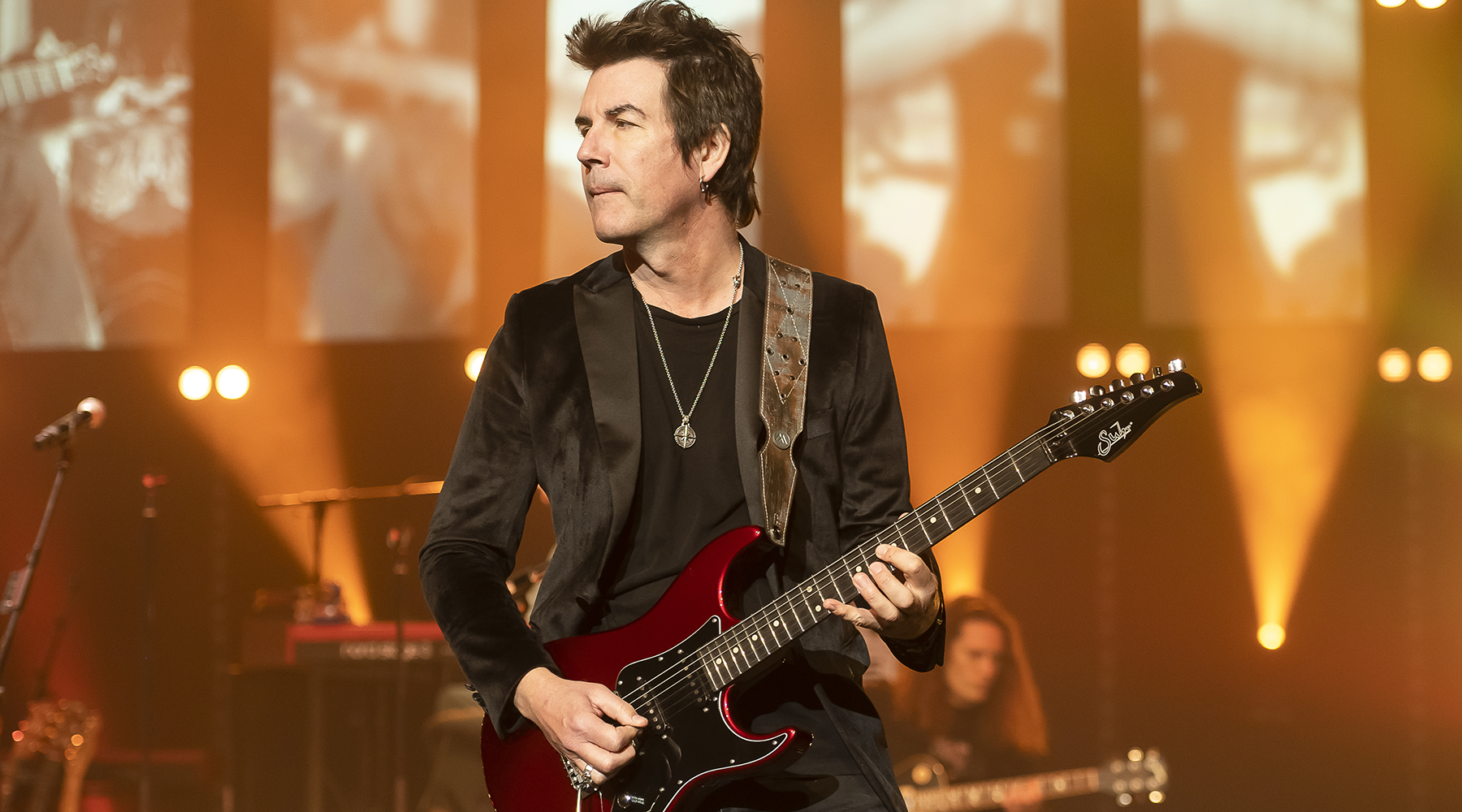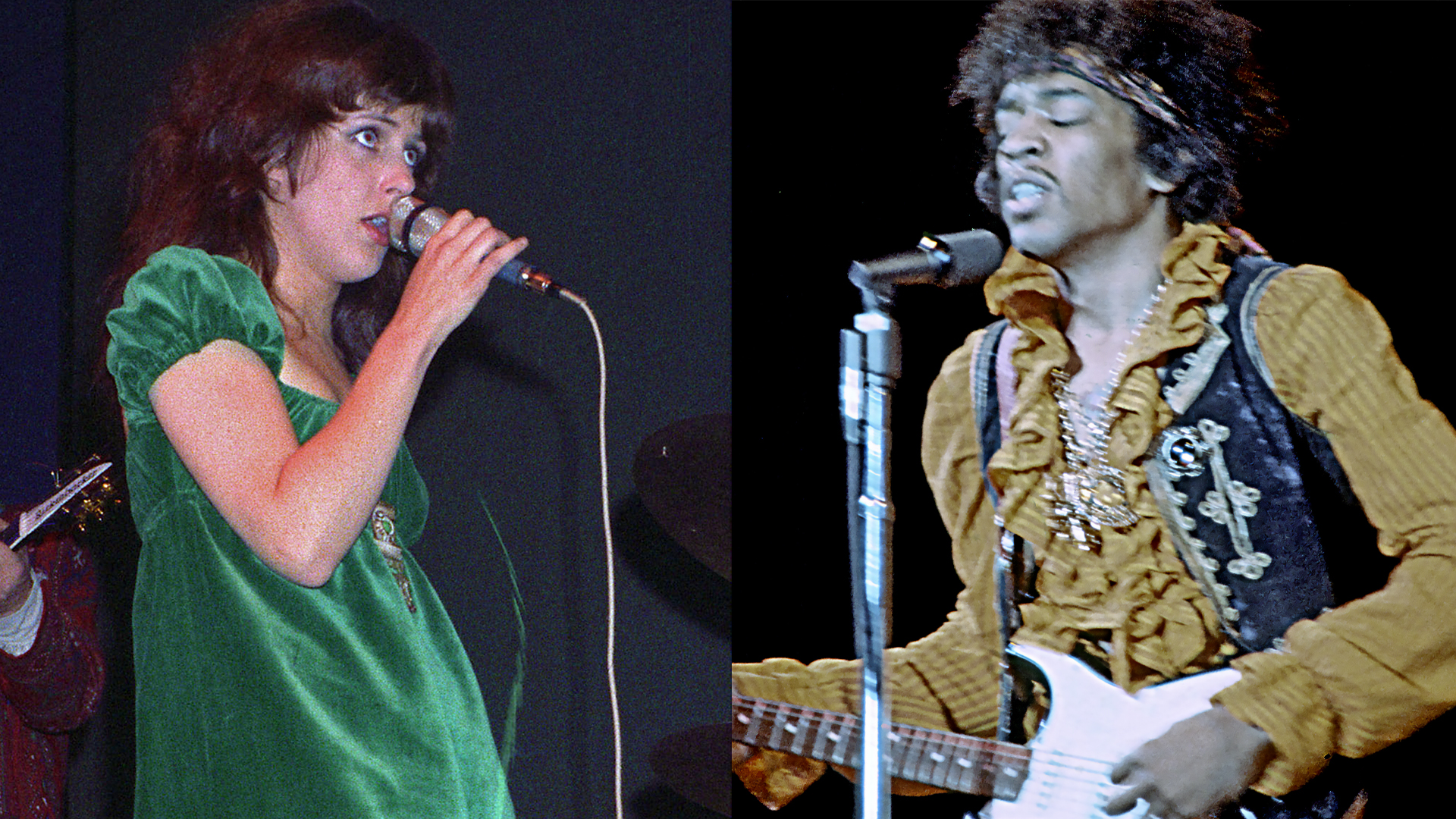“People Don't Buy a Guitar Solo. They Buy a Song”: Steve Lukather Talks Soloing, Songwriting and Success
As ‘Toto IV’ hits 40 this year, we take a rummage through the vaults to bring you some classic Luke snippets.
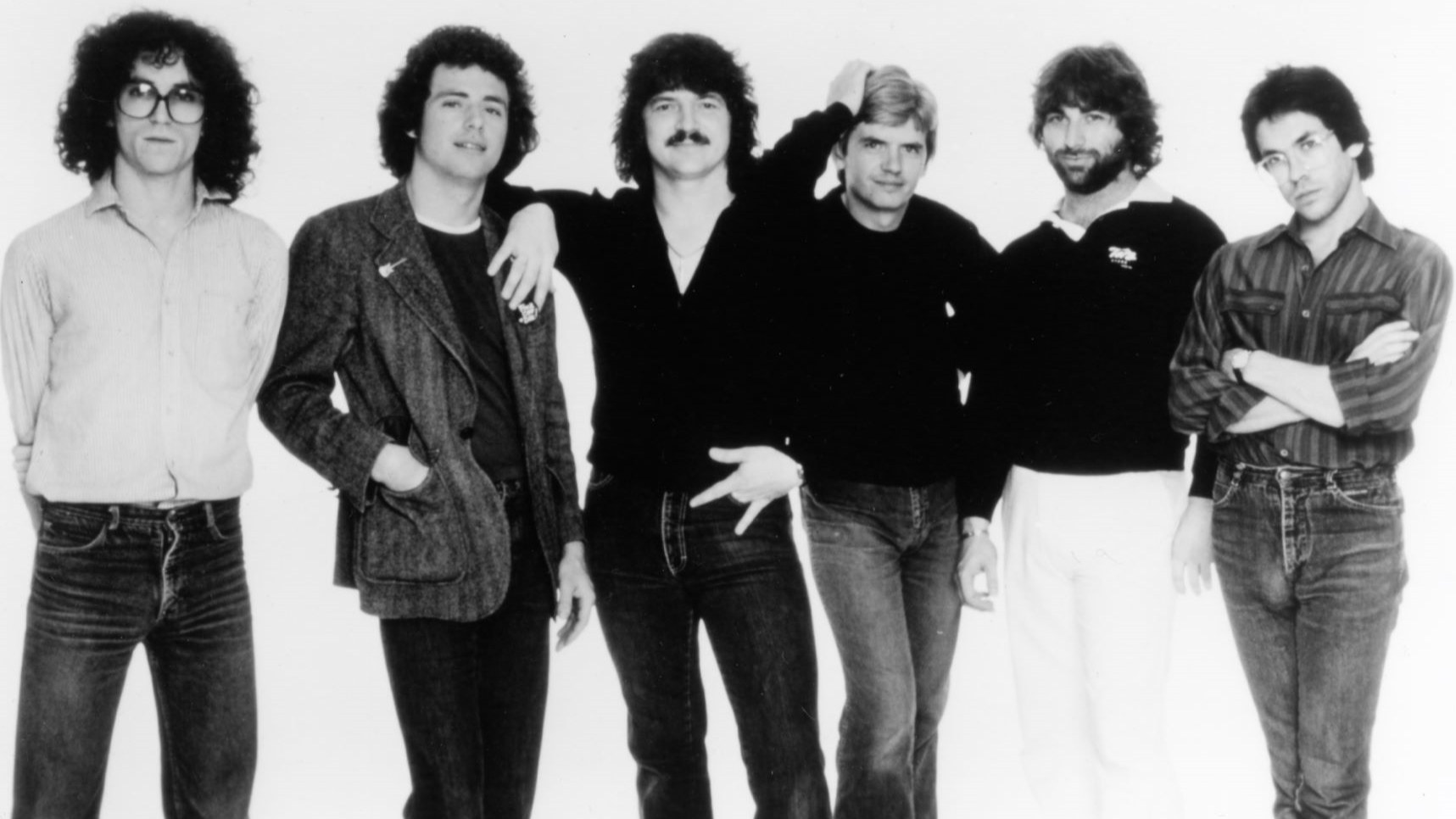
This year sees the 40th anniversary of Toto IV – the triple Platinum-selling fourth studio album from stadium rockers Toto that spawned two huge hit singles: the Grammy-winning “Rosanna” and the Billboard Hot 100 chart-topping “Africa.”
Back in the ‘80s, Steve Lukather was best known as the guitarist, singer, and co-composer for Toto. But in Los Angeles, a town known for its scores of electric guitar players, he also held the reputation of being one of the first guitarists – perhaps the first – to call when a screaming solo or crunchy rhythm part was needed.
As well as lending his world-renowned guitar playing talents to the band, Lukather – a talented singer – also recorded vocals for some of Toto IV’s key moments. Indeed, the song “I Won't Hold You Back” was both written and sung by Lukather.
In the wake of Toto IV’s release, Guitar Player met up with Lukather to talk songwriting, soloing, success and “talentless clods.”
The following interview extracts appeared in the April 1984 issue of Guitar Player…
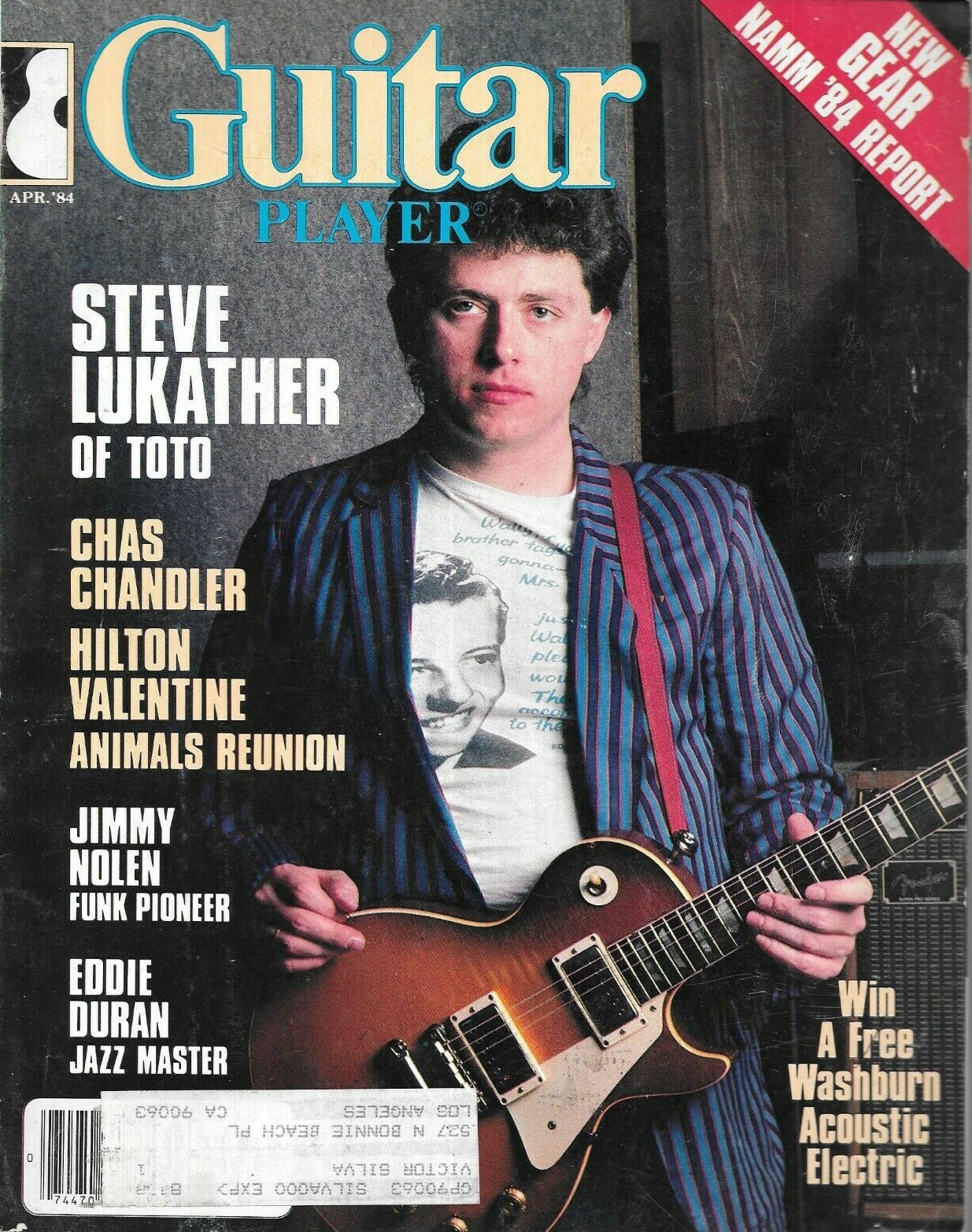
After all the success you've had as a studio guitarist, what's the appeal of being in Toto?
It's a place where I can write songs and play. I can experiment with sounds and stuff I can't do on sessions. In sessions, you go and play. You can experiment around a little bit if the artist or producer is somebody you know.
Sometimes they'll say, "Hey, freak out and do whatever you want to do," which happens quite a lot more these days. I guess they trust me. As far as Toto, the band is the ultimate. In fact, I haven't been doing many sessions in the last year or so.
The success of Toto IV must have reaffirmed your faith in what you're doing.
Yeah. We found that we had been getting away from what we had originally intended to do, which is just be ourselves. We started reading and believing bullshit criticisms of us and tried to alter our sound to that. At least that's where my head was at; I can't speak for everybody.
I was getting pissed off at these critics. I'd say 90% of them are talentless clods who don't even know what they're doing. They couldn't tune a guitar or play a C scale on the piano. They couldn't sing anything; they've never written a song. They've never played in front of people or made a record.
They don't know the pressures. How can somebody write that any album is a piece of shit when somebody's put his heart and soul into it, no matter what kind of music it is – from jazz to rock to classical pieces to Moms Mabley?
We're trying to make music to make us happy and to make anybody else happy who cares to listen to it
Steve Lukather
Whatever the background of the artist, whatever their technique, it's still somebody putting their blood, sweat, and tears – to use a cliché – into what they’re putting out. This is their ass on the line.
It doesn't matter if it stiffs. It doesn't matter if it sells any records at all.
People ask, "What are they trying to say?" We're not trying to say shit! We're trying to make music to make us happy and to make anybody else happy who cares to listen to it. That's all.
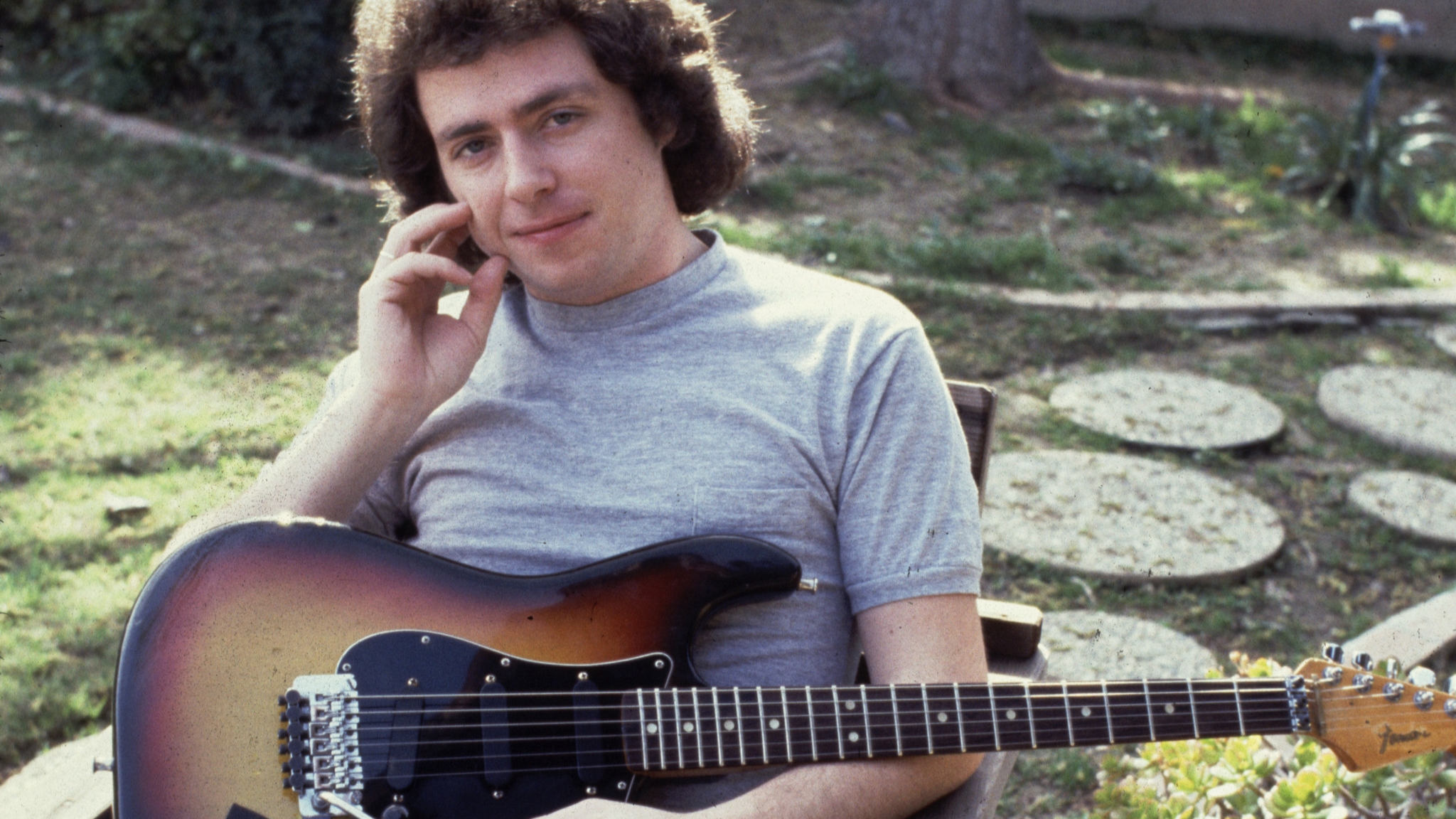
When do melodies come to you?
They come at strange times. I can wake up in the middle of the night with one. Then I make the mistake of going, "I know I'm going to remember this in the morning," and fall back asleep and forget everything.
I find writing lyrics hard; I'm a terrible lyricist. I experience blood, sweat, and tears trying not to make them a cliché or corny.
What soloing philosophy do you apply to Toto songs?
I try to do what's right for the song. I could probably play a lot flashier on our records; I tend not to be so flashy. It just doesn't come across most of the time. On something like "Rosanna," I played a solo at the end which was never rehearsed.
I make the mistake of going, "I know I'm going to remember this in the morning," and fall back asleep and forget everything
Steve Lukather
This happens with our band a lot. We'll just play a take, and all of a sudden we'll start doing things we've never rehearsed or even talked about. The solo in "99" [from Hydra] was never rehearsed; it was the second take. That's what's so bitchin' about this band. We're all best friends.
People usually assume that people in rock bands don't really like each other because everybody is so egoed out, especially with a band like ours where there are a lot of studio players – people from different backgrounds who do the same thing.
How do you compose songs?
Most of the time it's multiples – several guys in the band will write a song. We'll just come with the tune and start playing. We don't write out charts or anything like that. I mostly write on piano. I don't know so much on piano, so I tend to write simpler things.
Plus, when you're composing on piano, you hear the full range of everything – the low end and the top end – and you can sing over it. I'm not talking about heavy rock and roll tunes – that's all guitar stuff, basically.
Isn't it the song that sells?
Absolutely. People don't buy a guitar solo. They buy a song. If you can add something to that song, then you've done your job well.
Are you happy with the way your career is going?
Very happy. My life is real together, and I'm very honored with what's happened. I take it seriously. I'm not the kind of person who walks down the street and people recognize at all.
What would you like to be doing in ten years?
Same thing. Just playing and grooving with making music. More important, I want to be respected by my peers.
I'd just like to be remembered for being a good player. I have nothing political or intense to say to anybody.
I just love to play music and be with people who love to play music.
That's it.
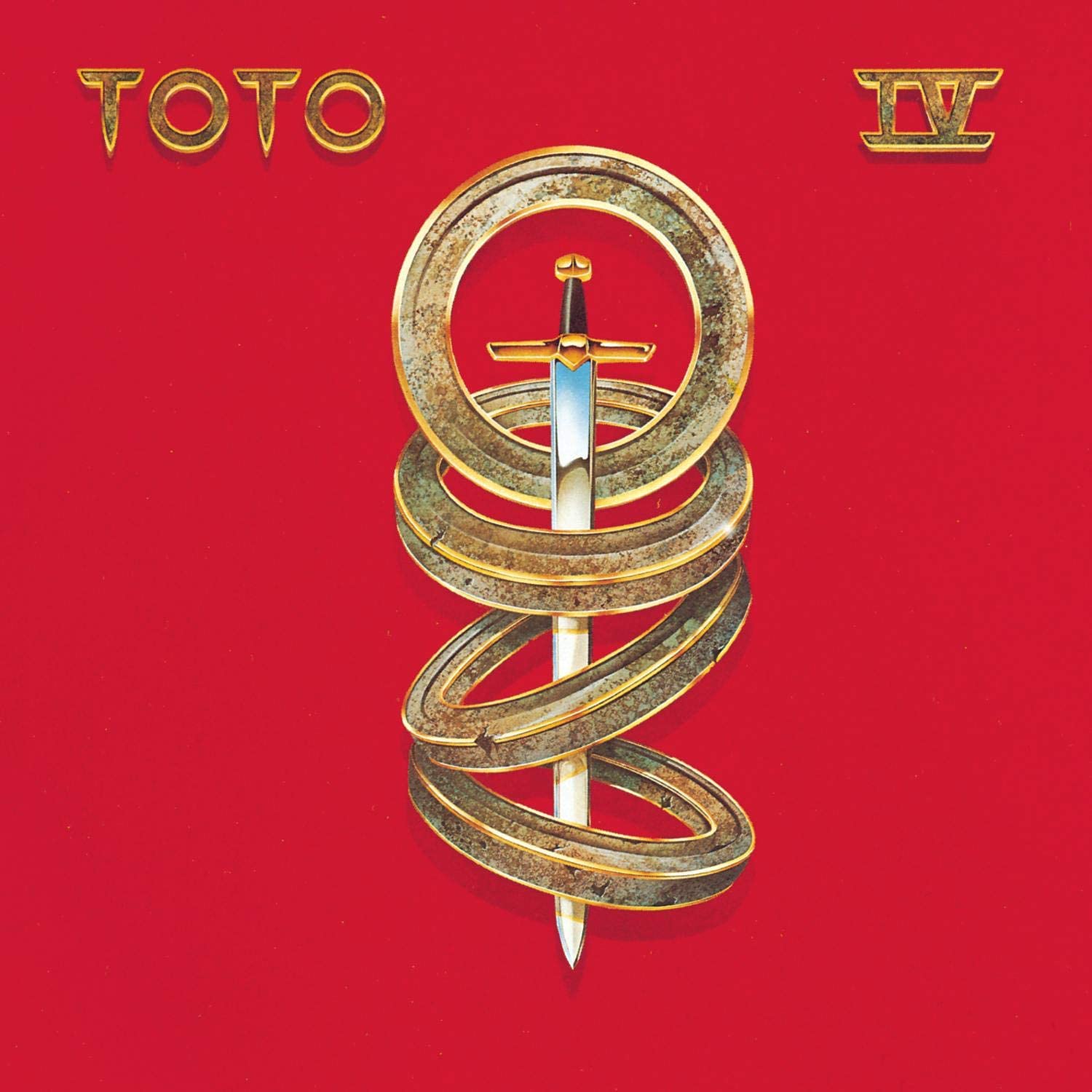
Buy Toto IV here.
Get The Pick Newsletter
All the latest guitar news, interviews, lessons, reviews, deals and more, direct to your inbox!
Jas Obrecht was a staff editor for Guitar Player, 1978-1998. The author of several books, he runs the Talking Guitar YouTube channel and online magazine at jasobrecht.substack.com.
“I’m still playing but I’m covered in blood. Billy’s looking at me like, ‘Yeah! That’s punk rock!'” Steve Stevens on his all-time worst gig with Billy Idol — and the visit to Jimi Hendrix's grave that never happened
"He goes to England and all of a sudden he's on the floor humping his guitar!” Gene Simmons tells how he, Paul Stanley and Ace Frehley followed Jimi Hendrix's lead and gave Kiss some British swagger









